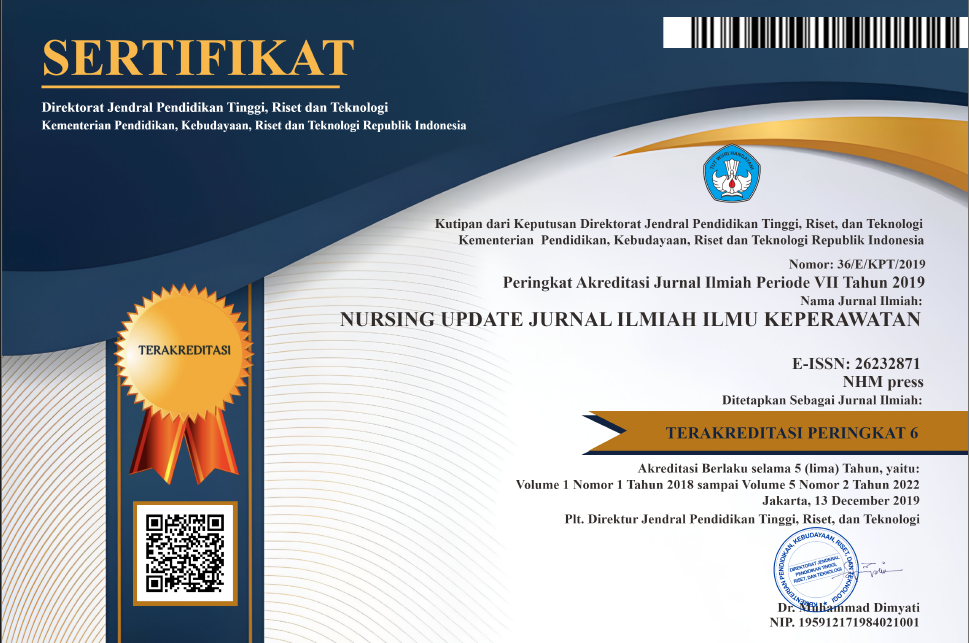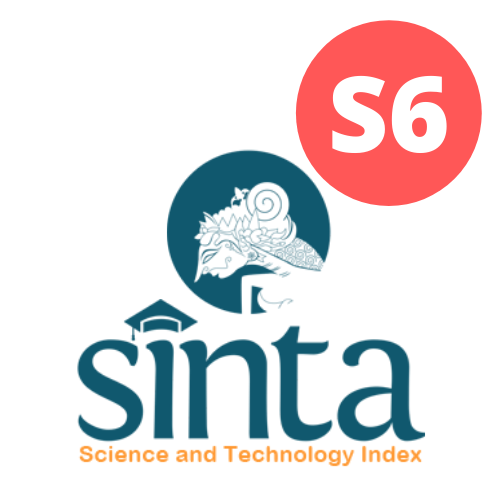Antibacterial Activity Test of Ethanol Extract of Robusta Coffee Beans (Coffea canephora) on Staphylococcus aureus and Escherichia coli bacteria
Abstract
Robusta coffee is one of the most common types of coffee in Indonesia. Robusta coffee has secondary metabolites that function as antibacterial. The aim of this research was to determine the antibacterial activity of ethyl acetate extract of robusta coffee beans against Staphylococcus aureus and Escherichia coli bacteria. The method for in vitro antibacterial testing uses the disc diffusion test method. The extract concentrations used were 30%, 50%, 70% and 90%. The results showed that for S.aureus bacteria, the highest extract inhibition zone diameter was 22.1 mm at a concentration of 90%, and the lowest inhibitory zone diameter was 13.5 mm at a concentration of 30%. For E.coli bacteria, the diameter of the highest extract inhibitory value was 18.9 mm at a concentration of 90% and the diameter of the lowest extract inhibition zone was 9.4 mm at a concentration of 30%. The conclusion of this study shows that the diameter of the inhibition zone in S.aureus bacteria is greater than E.coli.










